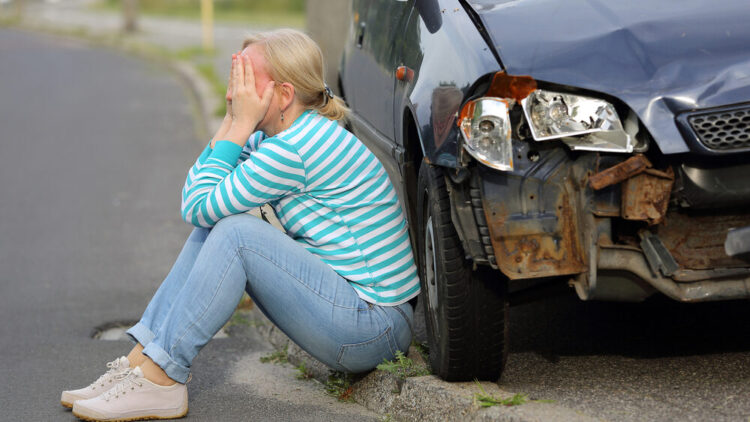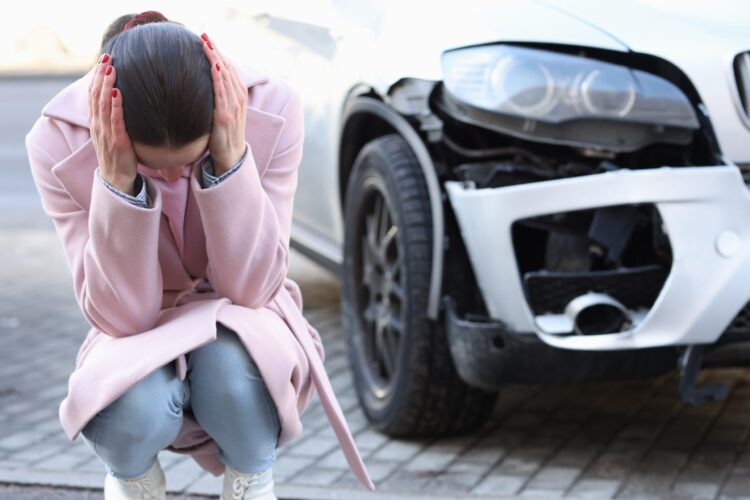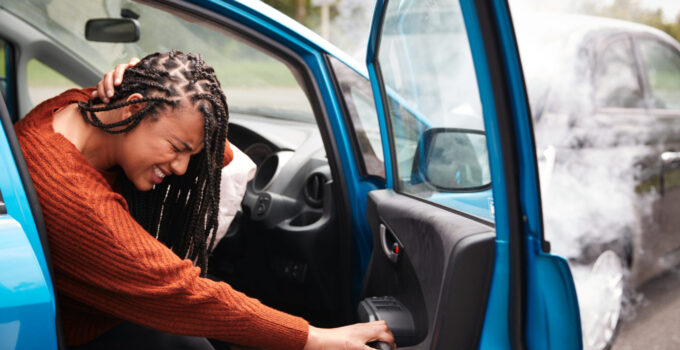In the aftermath of a car accident, individuals often find themselves navigating through a complex maze of physical recovery, emotional turmoil, and financial uncertainties. The road to healing is multifaceted, requiring attention to the visible wounds and the invisible scars that may linger. This comprehensive guide aims to shed light on the holistic approach to recovery, ensuring survivors have the knowledge and resources to overcome post-accident challenges.
Page Contents
Understanding the Impact of Car Accidents

Source: linkedin.com
The immediate aftermath of a car accident can be chaotic and traumatic, leaving individuals in a state of shock and disbelief. As the dust settles, the physical injuries become more apparent, ranging from minor bruises to more severe, life-altering conditions. However, the impact of a car accident extends beyond the physical realm, affecting individuals emotionally and financially. This broad impact necessitates a multifaceted recovery approach, recognizing that each aspect of the victim’s life may be significantly altered. It’s a moment calling for compassionate understanding and a structured plan to navigate the unforeseeable challenges ahead, highlighting the intricate web of recovery beyond surface injuries.
Physical recovery is often the primary focus following a car accident. It involves a series of steps, including immediate medical attention, follow-up care, rehabilitation, and ensuring proper rest and nutrition. While clearly outlined, this path can be fraught with uncertainties and setbacks, demanding resilience and patience from the injured. Recovery timelines vary widely, influenced by the nature and severity of injuries, making personalized care plans essential. It’s a journey of gradual progress, where small achievements mark significant milestones towards regaining one’s pre-accident physical state and functionality.
- Immediate Medical Attention: Seeking prompt medical care to assess and treat injuries.
- Follow-up Care: Attending follow-up appointments and adhering to prescribed treatments.
- Rehabilitation: Engaging in physical therapy to restore mobility and strength.
- Rest and Nutrition: Allowing the body to heal with adequate rest and a balanced diet.
Addressing Emotional Well-being

Source: linkedin.com
The psychological aftermath of a car accident can be as debilitating as physical injuries. Symptoms of stress, anxiety, and post-traumatic stress disorder (PTSD) are common, underscoring the importance of seeking professional help, building a support system, and practicing self-care. Navigating this landscape requires recognizing the invisible wounds that accidents inflict, fostering an environment where emotional healing is given parity with physical recovery. It’s about finding balance and understanding that mental health is as crucial as bodily health, with each influencing the other’s healing process. This phase demands time, patience, and the courage to seek help when needed, aiming for a holistic recovery.
- Seeking Professional Help: Consulting with mental health professionals to navigate emotional recovery.
- Building a Support System: Leaning on emotional strength for family, friends, and support groups.
- Practicing Self-care: Engaging in activities that promote mental and emotional well-being.
Managing Financial Strain
Car accidents often lead to significant financial burdens, including medical bills, lost wages, and vehicle repairs. To manage this aspect of recovery, it’s essential to understand insurance coverage, document expenses, and seek expert legal counsel. The financial aftermath can be overwhelming, complicating the already difficult physical and emotional healing process. It requires navigating a maze of paperwork and legalities, often at a time when the individual is least equipped to do so. Thus, having knowledgeable professionals by one’s side can alleviate some of this strain and ensure that one’s rights and needs are adequately represented and defended.
- Understand Insurance Coverage: Familiarizing oneself with the details of insurance policies and claims processes.
- Document Expenses: Keeping detailed records of all accident-related expenses for reimbursement.
- Seeking Expert Legal Counsel: Recovering from a car accident involves more than just physical healing. The emotional and financial strain can also be overwhelming, underscoring the importance of the right support system. Part of this support includes consulting expert legal advice to ensure you’re compensated for medical bills, lost wages, and other related costs.
Implementing Preventive Measures

Source: linkedin.com
While recovering from a current accident is paramount, looking ahead and implementing preventive measures can help minimize the risk of future incidents. These measures include practicing defensive driving, staying informed about vehicle safety features, and regularly maintaining one’s vehicle. This proactive approach emphasizes the importance of learning from past incidents to enhance one’s safety and well-being. It’s a commitment to personal and communal safety, recognizing that each individual’s efforts contribute to the broader goal of reducing road accidents. Adopting such measures serves as a testament to the resilience of the human spirit, seeking to protect oneself and others from future harm.
Embracing a Holistic Approach to Recovery
Recovery from a car accident encompasses physical, emotional, and financial healing. By addressing each of these components, individuals can navigate the path to recovery more effectively. It is crucial to seek professional guidance, from medical practitioners to mental health experts and legal advisors, to ensure a comprehensive healing process. This holistic approach underscores the interconnectedness of each recovery aspect, where progress in one area can significantly impact another. It’s a journey marked by challenges, yet it also offers opportunities for personal growth and resilience building. A path toward healing and restoration can be forged through a collective effort involving the injured, their families, and professionals across various fields.
Moving Beyond the

Source: facebook.com
The journey of recovery following a car accident transcends the immediate efforts to mend broken bones and heal physical wounds; it encompasses a broader, more profound process of emotional and financial recuperation. As individuals embark on this path, it’s crucial to recognize the strength that lies within the challenges faced. The adversity encountered is not merely an obstacle but an opportunity for growth, learning, and transformation. Embracing the comprehensive nature of recovery allows for a more resilient comeback, where each step taken is a testament to the human spirit’s indomitable will to overcome.
As we move beyond the aftermath of a car accident, let us hold onto the lessons learned and the resilience forged in the face of adversity. Let this guide serve as a beacon of hope, a source of practical advice, and a reminder of the power of holistic healing. The road to recovery may be fraught with challenges, but it also offers a horizon filled with potential for renewed strength, deeper connections, and a reinvigorated appreciation for life. Remember, the journey of recovery is not just about returning to where you were before but about moving forward stronger and more resilient than ever before.




